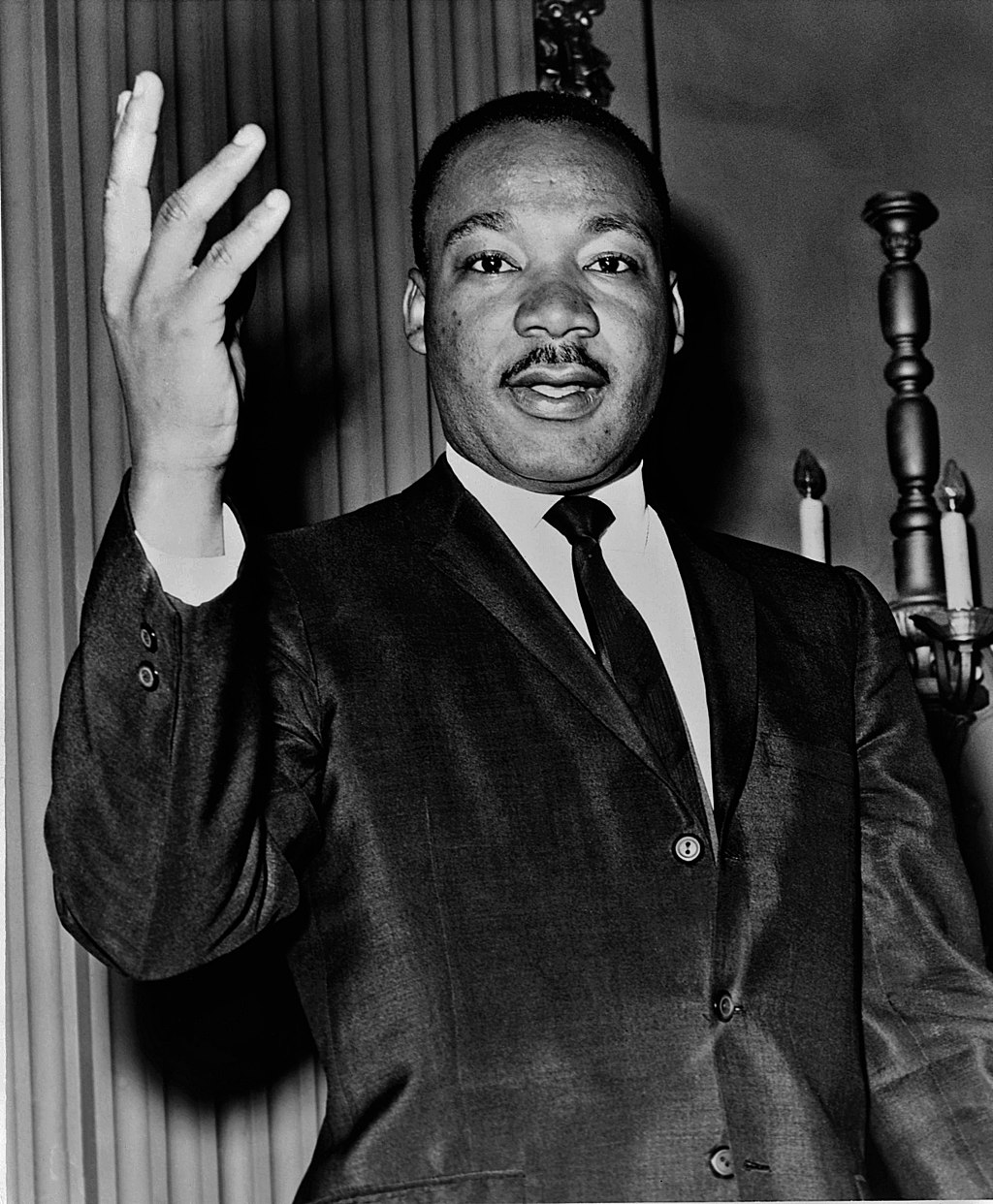Letter from a Birmingham Jail Analysis Essay
Abstract Writing a Letter from Birmingham Jail analysis essay offers the student the gift of going back in time to the courage and ferocity of the Civil Rights Movement to examine one of the most eloquent documents of that era. The Civil Rights Era was one of the uglier periods in American history—and one of the most triumphant and inspiring. No document embodies this dichotomy as fully as King’s Letter from Birmingham Jail. In it, King details many of the horrors that black Americans have suffered at the hands of white hatred and… Continue Reading...




